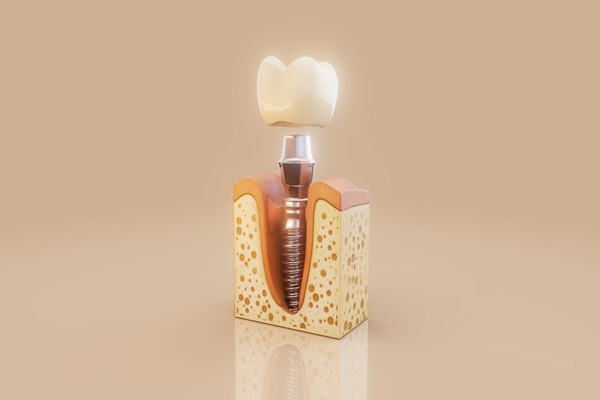Wisdom Tooth Extraction Myths
A is a popular procedure that most people are familiar with. However, as with most popular knowledge, not everything people believe is true, and that includes beliefs about removing wisdom teeth. Debunking these myths is important as they could be prohibiting individuals from getting the procedure that is necessary to maintain good oral health.
Debunking myths about wisdom tooth extraction
Outlined below are a few common myths about wisdom tooth extractions. Reviewing this information can be helpful when trying to determine what is true about the procedure.
Wisdom tooth extraction is unbearably painful
Many individuals are under the impression that wisdom tooth extraction is unbearably painful. While the procedure itself can result in some discomfort, there is actually not a lot of pain felt. The patient typically medicated prior to the extraction, which eliminates any pain felt.
After a wisdom tooth extraction, the patient will feel some discomfort; however, it should not be unbearable and pain medications are administered to remedy the pain for the days following.
The recovery process is very time-consuming
Recovering from a wisdom tooth extraction does require a few days; however, beyond that, the patient is free to do as they please. Work and school should be put on hold for two to three days in order to allow time to rest. After that, recovery is relatively simple. For a week after a wisdom tooth extraction, the individual should expect to do the following:
- Consuming pain medications daily
- Eating an adjusted diet, including soft or liquid-based foods
- Using ice or a cold compress to reduce swelling and inflammation
It may be time-consuming for individuals who have busy schedules; however, it is important to remember that the results are worth the couple of days off that are recommended.
Everyone has to undergo wisdom tooth extraction
It is a common myth that everyone has to have their wisdom teeth extracted; however, this is actually not true! The wisdom teeth only have to be removed when they become crowded, impacted, or painful, or if they pose a risk to oral health.
Wisdom tooth extraction is all people need for good oral health
While a wisdom tooth extraction can help improve one's oral health, the misconception that it can magically save the health of the teeth and gums is not true. The condition of one's oral health lies on the patient's ability to care for their teeth and gums at home through daily oral hygiene. When the wisdom teeth erupt, there can be some potential oral health concerns that may develop; however, the majority of them do not pose a long-term risk and they can be combatted through the extraction procedure.
Learn more about wisdom tooth extraction
There are a lot of myths about wisdom tooth extractions that go far beyond the ones listed above. Nonetheless, the procedure can still be quite helpful in improving oral health and reducing discomfort. Long-term, the benefits outweigh any fears that stem from such myths.
To find out the truth about wisdom tooth extractions, reach out today. Questions can be answered and additional myths can be discussed.
Request an appointment here: https://www.buhite.com or call Buhite & Buhite DDS at (585) 310-4078 for an appointment in our Rochester office.
Check out what others are saying about our dental services on Yelp: .
Related Posts
In modern society, it is almost a rite of passage to have a wisdom tooth extraction as a young adult. Wisdom teeth, the final, permanent molars located in the very back of the mouth, can actually cause problems for many patients if they are not removed. Fortunately, in most cases, the procedure is minimally invasive…
Tooth extraction can be a frightening concept, especially for those who have never had a tooth removed before and are not sure what to expect or those who have had a bad experience with extraction in the past. However, there are various things you and your dentist or oral surgeon can do to help mentally…
A tooth replacement procedure is necessary when someone has lost their natural teeth. Teeth play an important role in maintaining good health and oral functions like chewing and speaking, so tooth loss can be quite devastating. Fortunately, there are many tooth replacement options available today to replace missing teeth.Options available for those who have missing…
Temporomandibular joint (TMJ) disorders can cause significant jaw pain and affect everyday functions like speaking, eating, and overall comfort. A TMJ dentist specializes in diagnosing and treating issues related to the jaw joint and surrounding solutions. These dental professionals offer effective solutions that address the root cause of your jaw pain.The temporomandibular joint connects the…


